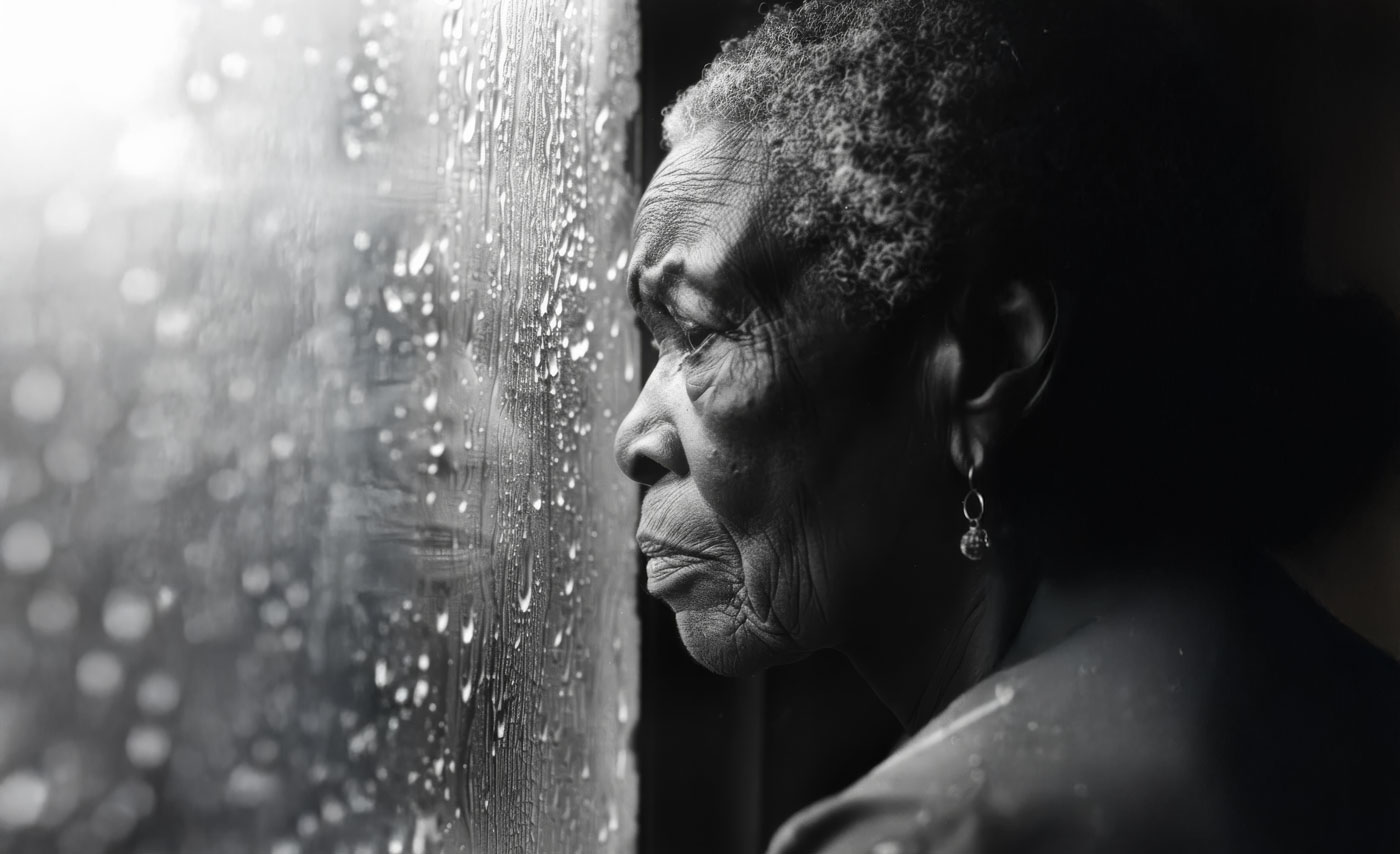Losing someone we love is one of the hardest experiences life can throw at us. The pain is deep, overwhelming, and at times, feels unbearable. When grief takes hold, it changes everything—the way we see the world, the way we feel inside, and even the way we interact with others.
The emptiness left behind is not just in the physical absence of the person but also in the moments we once shared. The laughter, the conversations, the small things that made life feel complete—they all become memories, treasured yet painful. At first, it feels like the world has stopped moving while everything around continues as if nothing has changed. The weight of grief settles in the chest, making it hard to breathe, to think, to function.
The nights are the hardest. When the world is quiet, the mind becomes the loudest. Regrets creep in, the “what-ifs” and “if onlys” torment the soul. Did I say everything I needed to? Did they know how much I loved them? These questions linger, unanswered, echoing in the silence of loss.
Over time, grief changes—it doesn’t disappear, but it becomes part of us. Some days are easier; others bring the pain rushing back as strong as ever. A familiar scent, a song, a place that holds memories—these small things trigger waves of sorrow and longing.
Yet, amidst the suffering, there is also love. The love we had for them, the love they had for us. That love never fades, and in a way, it keeps them alive within us. We carry them forward in our hearts, in our actions, in the way we cherish life because of them.
Grief is a journey without a set destination. There is no right or wrong way to grieve. Some find comfort in talking, others in silence. Some find healing in remembering, others in moving forward. But one truth remains: love never truly dies. It transforms, it lingers, and it shapes us.
If you are suffering from loss, know that you are not alone. Your pain is real, your emotions are valid, and healing, though slow, is possible. The ones we lose may be gone, but they are never truly forgotten.



